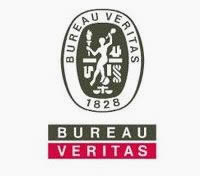A history of refrigeration
21/10/2010
The best description of refrigeration is that it is a process in which heat is moved from one location to another. Refrigeration has a wide variety of uses some of which include but are not limited to; household refrigerators, industrial freezers, cryogenics, air conditioning, and heat pumps.
Cold by definition actually describes an environment where there is no heat so it follows that to decrease a temperature, heat must be removed rather than cold being added. This described the law of Thermodynamics (second law), which states that some form of work must be performed to accomplish this. The work is usually done by mechanical work but can also be done by magnetism, laser or other means.
A brief history of refrigeration.
Refrigeration as a method to preserve food has actually been used by mankind since prehistoric times. Through the ages, the seasonal harvesting of snow and ice was a regular practice of most of the ancient cultures: Chinese, Hebrews, Greeks, Romans, Persians. They did this by storing the ice and snow in caves or dugouts which were lined with straw or other insulating materials. The Persians stored ice in pits called yakhchals. Rationing of the ice allowed the preservation of foods over the warm periods. This practice worked well down through the centuries, with icehouses remaining in use into the twentieth century – including some of the large English estates
In the 16th century, the discovery of chemical refrigeration was one of the first steps toward artificial means of refrigeration. It was discovered that Sodium nitrate or potassium nitrate, when added to water, lowered the water temperature and created a sort of refrigeration bath for cooling substances. In Italy this method was used to cool wine and sweet delicacies.
During the first half of the 19th century, ice harvesting became big business in America. New Englander Frederic Tudor, who became known as the "Ice King", worked on developing better insulation products for the long distance shipment of ice, especially to the tropics.

























